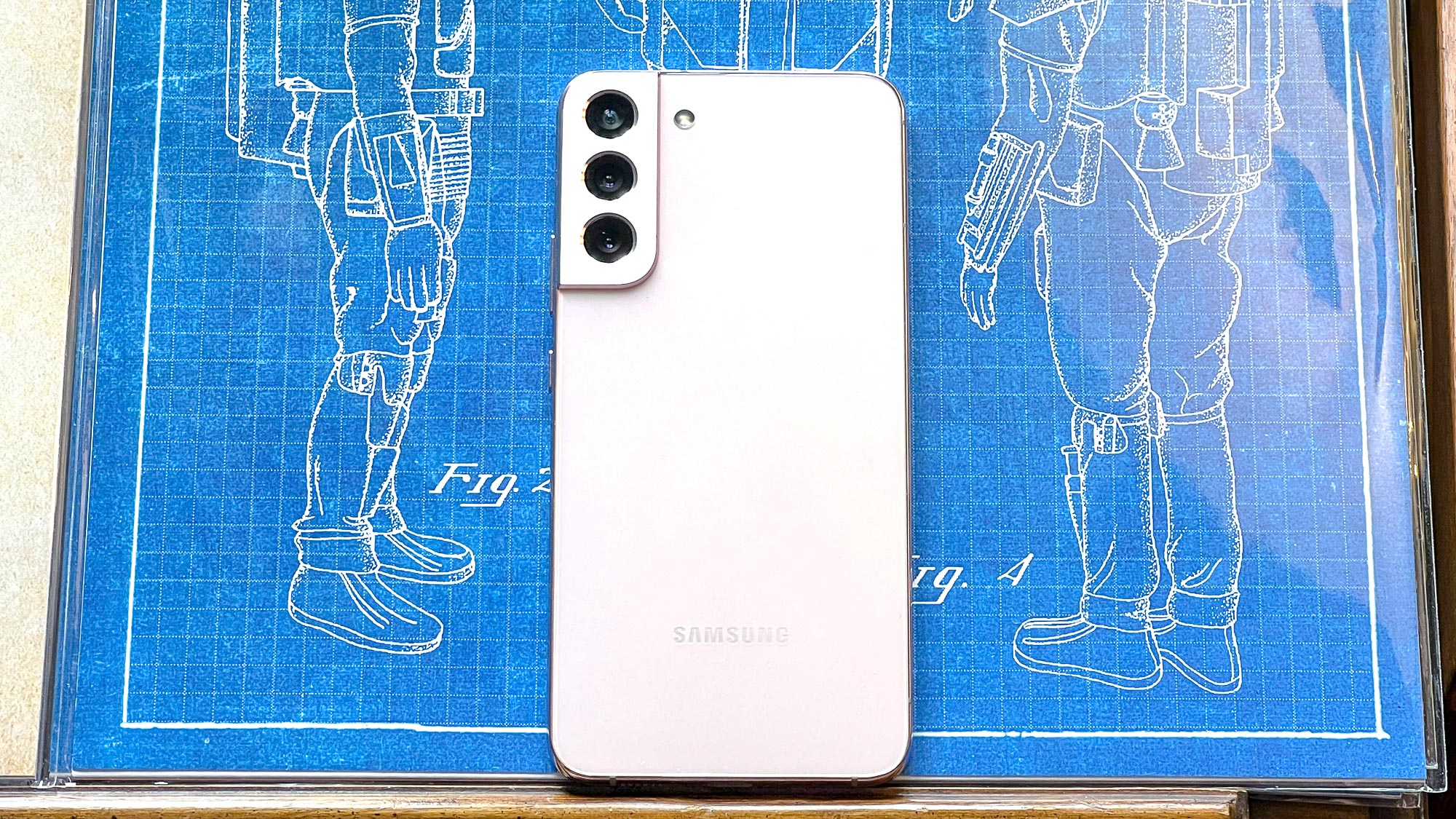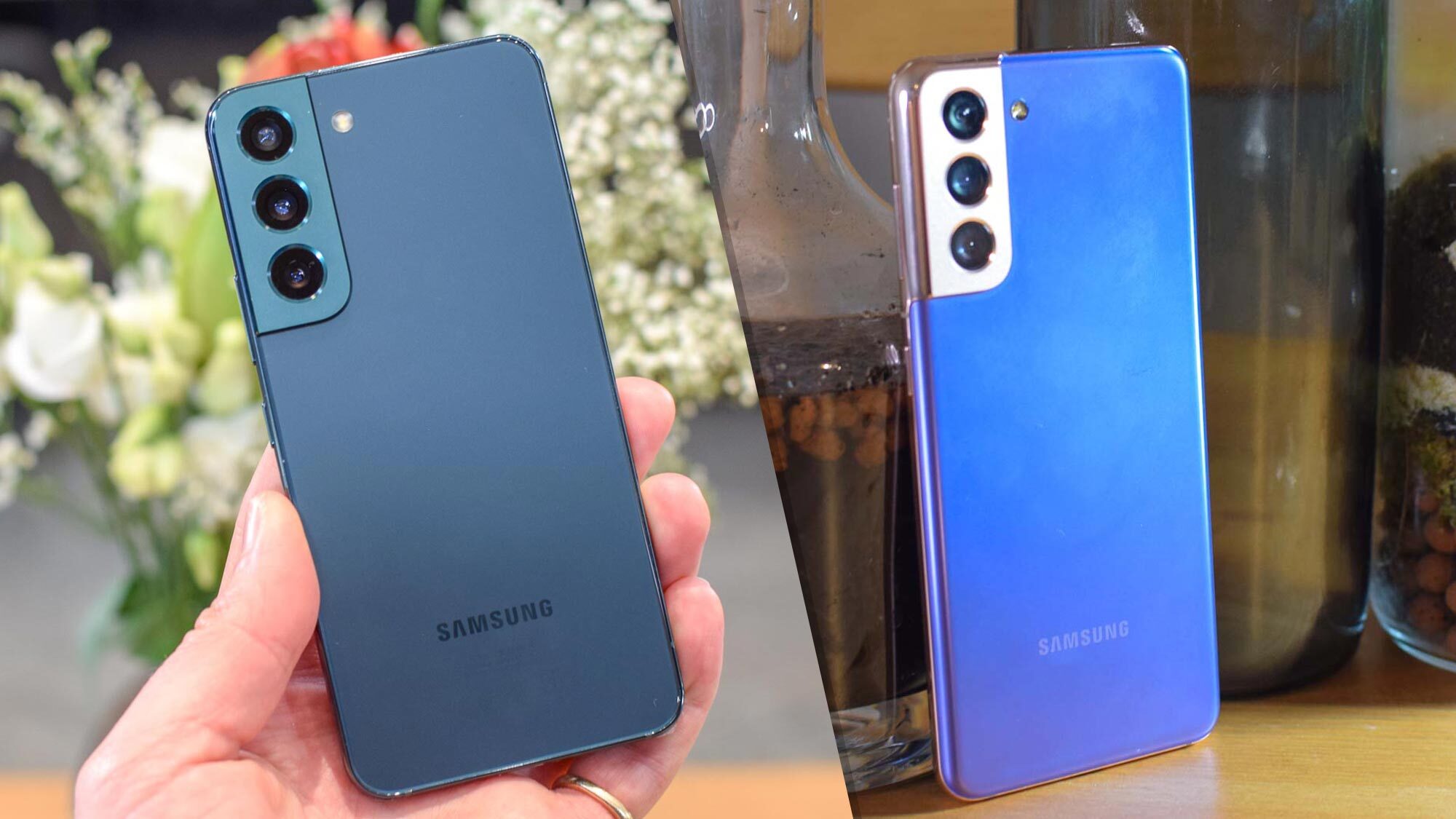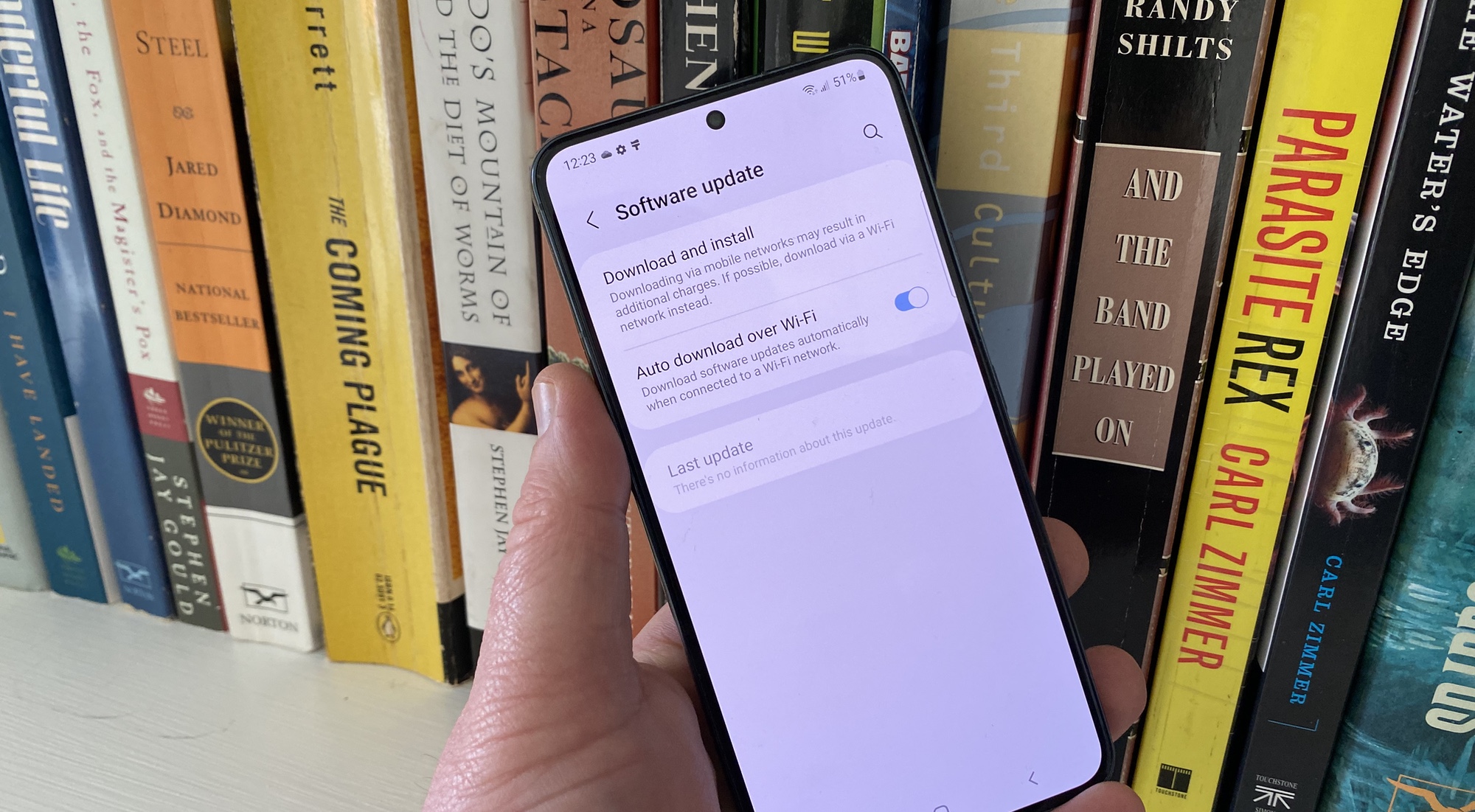Samsung Galaxy S22 proves that annual upgrades are over — and that's good news
We're holding on to phones longer, and device makers have started noticing

We're waiting longer and longer to upgrade our smartphones. The release of the Samsung Galaxy S22 indicates that this new reality is sinking in for at least one phone maker.
Any of the three Galaxy S22 models impresses, with the Galaxy S22 Ultra in particular challenging for the top spot among the best phones. Any of the three S22 models could be considered one of the best Samsung phones you can buy, thanks to brighter screens, improved cameras and a new top-of-the-line processor.
And yet, if you were to stack one of the new Galaxy S22 models next to a Galaxy S phone of recent vintage, you'd be hard-pressed to identify a must-have feature that would compel you to cast aside the older model. That's not necessarily a bad thing.
We conducted a Samsung Galaxy S22 vs. Galaxy S21 comparison, looking at how the new phones differ from last year's models. The Galaxy S22 is definitely an improvement — it's faster, features a brighter screen and takes better pictures. In the case of the Galaxy S22 Plus and S22 Ultra, it charges faster, too. And while those are all welcome enhancements, there's nothing there that's going to make Galaxy S21 owners feel bereft.

Again, this isn't a knock on the Galaxy S22 or a slam on Samsung for releasing a phone that's more iterative than innovative. In fact, you could argue that it's time for everyone — phone makers and smartphone shoppers alike — to start considering the big picture for annual handset updates.
The Galaxy S22 lineup has four years of Android software updates, a move Samsung extended to the top phones it released in 2021.
When the smartphone era truly kicked off with the iPhone's 2007 launch, jumping from one phone to the next year after year made more sense. For one thing, phones took bigger annual leaps back then, as device makers tapped into more of the capabilities a handset could actually handle. For another, the best phone carriers were picking up the cost of new phones with subsidized contracts back then. Upgrade from an iPhone 3G to an iPhone 4 for a couple hundred bucks? Yeah, don't mind if I do.
These days, subsidized contracts are no more, and phones cost a lot. Both the Galaxy S22 and iPhone 13 start at $799, for example, and if you really want to push out the boat on a fully featured flagship, you could spend north of $1,000 without blinking an eye. Even with trade-ins that lower the cost of your new phone and installments that spread out the payments over time, that's a lot to have to pony up every year or so.
Get instant access to breaking news, the hottest reviews, great deals and helpful tips.
There's also the environmental impact of frequent smartphone upgrades to consider. Yes, your reputable phone makers have made a push toward using renewable materials and recycling those older models you turn in. Even so, all those phones that we get a year or two of use from before casting aside leaves a carbon footprint that's hard to offset.
It's no wonder then that the length of time we're holding on to our smartphones is increasing. A chart from Statista claims that the average smartphone user goes between upgrades is now at 2.75 years, considerably higher than it was back in 2014. It's possible that trend eases somewhat, as wireless carriers get more aggressive on trade-ins and other promotions to get phone buyers to upgrade, but the days of only waiting a year or two between phone purchases is over.

Samsung seems to recognize that, not just with the hardware changes it made to the Galaxy S22, but with a rather significant software decision as well. The Galaxy S22 lineup introduces four years of Android software updates to Samsung's flagships, a move that Samsung also extended to the top phones it released in 2021. Previously, you could just count on three years of software updates for your Samsung flagships.
In that sense, Samsung is acting more like Apple, another company that seems to get that we're holding on to phones longer than before. Apple's always been very generous with extending software support to older models, but in recent years, the window of support has gotten bigger. Phones that came out six years ago are still able to run iOS 15, for example.
All this means future phone launches may not feel as revolutionary — something of a challenge for folks in my profession, I guess — but I believe that's ultimately a good thing. Phone buyers have changed their upgrade habits, and the companies that make those phones are altering their products to reflect that trend.
Philip Michaels is a Managing Editor at Tom's Guide. He's been covering personal technology since 1999 and was in the building when Steve Jobs showed off the iPhone for the first time. He's been evaluating smartphones since that first iPhone debuted in 2007, and he's been following phone carriers and smartphone plans since 2015. He has strong opinions about Apple, the Oakland Athletics, old movies and proper butchery techniques. Follow him at @PhilipMichaels.
 Club Benefits
Club Benefits






